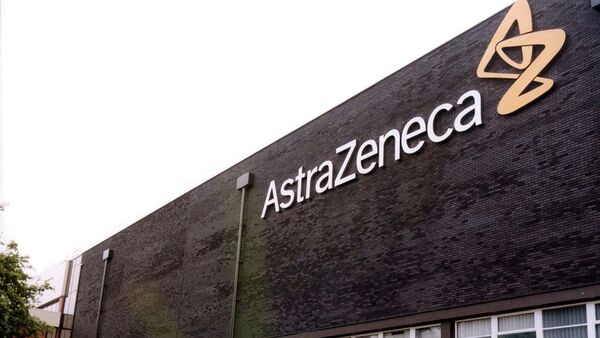AstraZeneca has announced that it will be establishing a next-generation active pharmaceutical ingredient (API) manufacturing facility for small molecules near Dublin, at a cost of over €300m.
In a statement, the firm behind the Covid vaccine said the facility would “ensure the company’s global supply network is fit for future growth”.
The planned investment at the Alexion Campus in College Park, Dublin, is expected to create about 100 direct jobs, including scientist and engineering positions, as well as further indirect jobs.
The project, AstraZeneca’s first-ever manufacturing facility here, was developed with the support and collaboration of IDA Ireland.
Speaking about the project, Taoiseach Micheál Martin welcomed the announcement.
“In choosing Ireland as the location for its new next-generation active pharmaceutical ingredient manufacturing facility, AstraZeneca joins the very strong and successful network of global life sciences companies we have in Ireland.
“I wish them every success with their operations here,” he said.
AstraZeneca CEO Pascal Soriot said he and his firm were delighted to be bringing the investment to Dublin which will create “highly-skilled jobs, nurture the country’s dynamic life sciences sector and allow for the development of high value-added medicines.”
“The future manufacturing of APIs (active pharmaceutical ingredient) for our medicines includes compounds with highly complex synthesis, requiring next-generation technologies and capabilities that can respond quickly and nimbly to rapidly-changing clinical and commercial needs,” added AstraZeneca’s executive vice president, global operations, Pam Cheng.
“This significant investment will ensure the AstraZeneca supply network is fit for the future.”
AstraZeneca said the investment programme was expected to significantly reduce lead times, costs and introduce more sustainable manufacturing processes, contributing to the company’s Ambition Zero Carbon programme.
It said the plant’s design will be “future-proof” permitting the addition of “capability to manufacture a wide range of medicines, including new modalities such as antibody-drug conjugates and oligonucleotides.”










